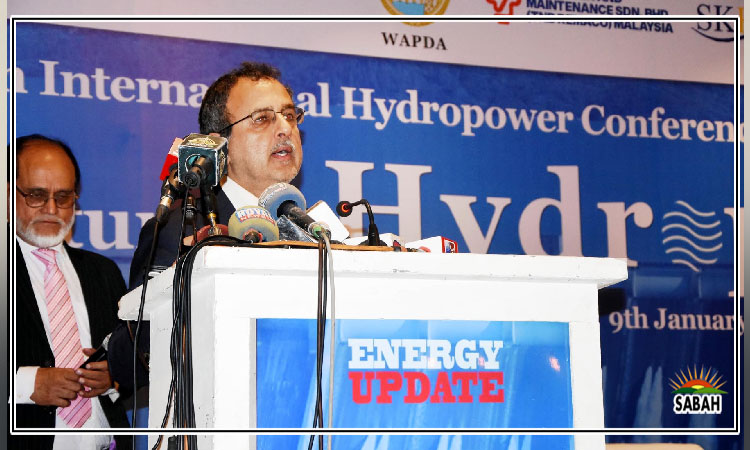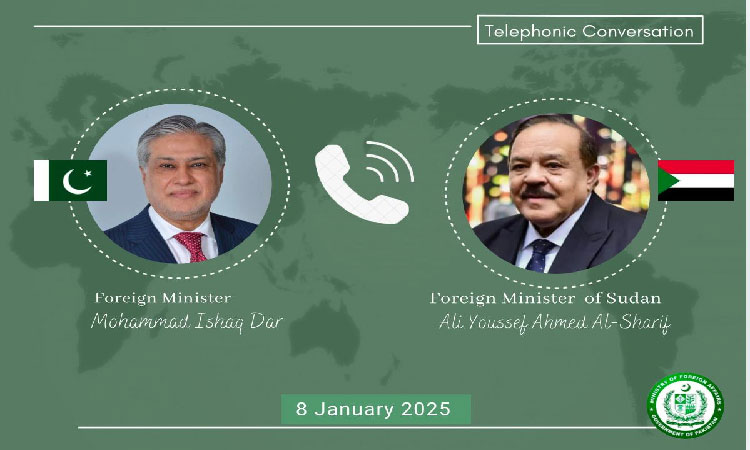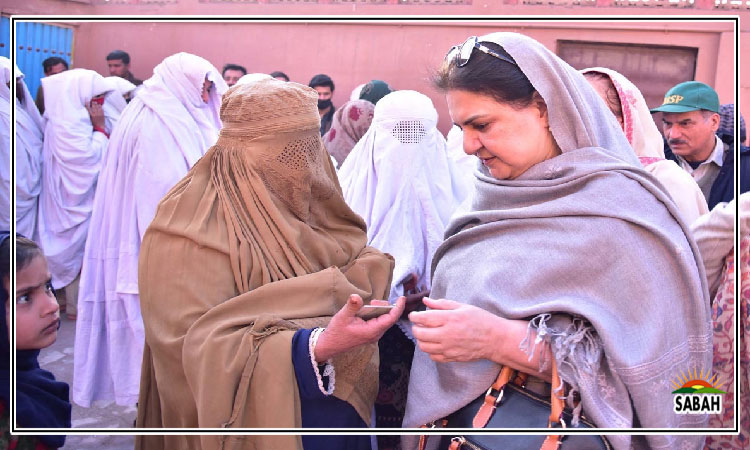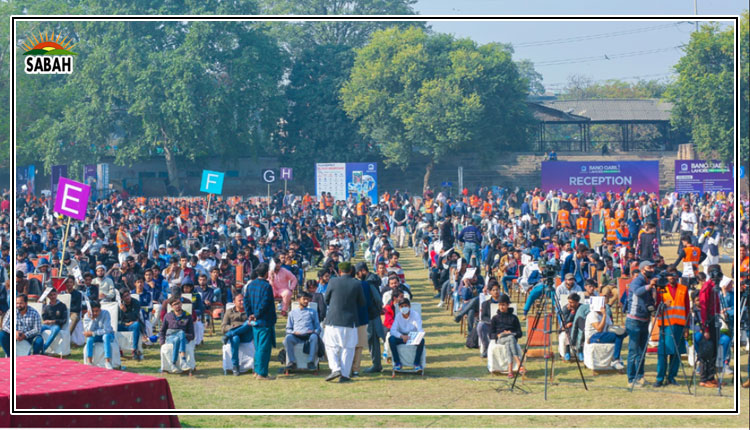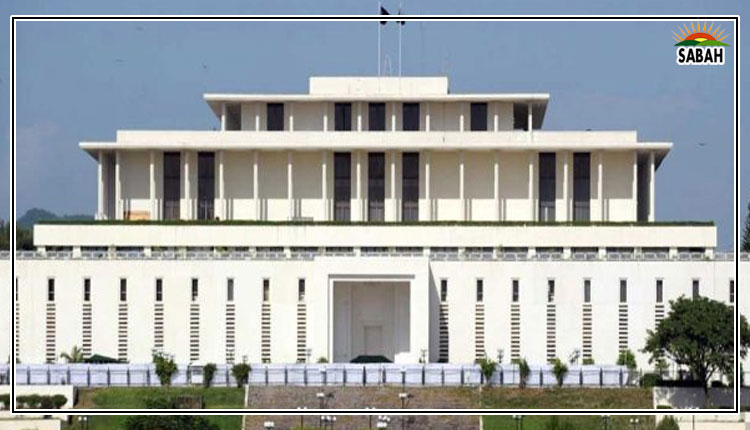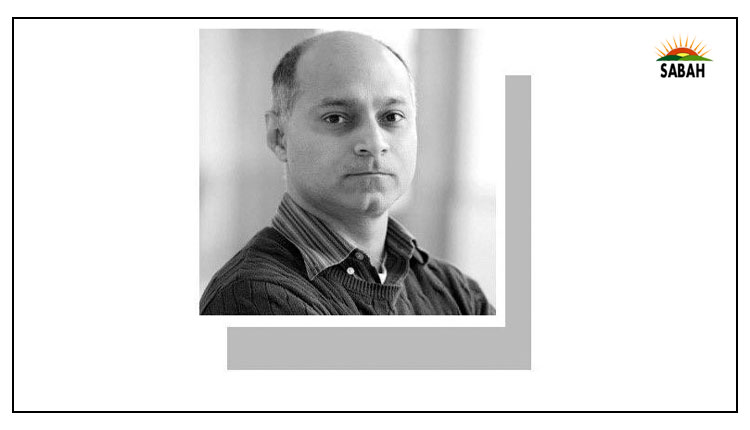Assurances and realities…Khurram Husain
THE inevitable is happening. Having raised everyones hopes of some sort of massive dollar inflow under the so-called Special Investment Facilitation Council (SIFC), the government is now stealthily trying to walk some of those expectations back.
Members of the business community were told $25 billion are there for the taking at a meeting. But now we are finding out that what looked like $25bn from a distance was not really anything quite so grand.
On Tuesday, the government gave a briefing to the press about the SIFC proposal, during which Jehanzeb Khan of the Planning Commission, was quoted as saying the following: The $70 billion is not an abstract figure, as it has been backed by assurances from other countries. This is classic civil service spin. An assurance is an abstract figure when it comes to money matters Mr Khan. Money does not exist till it does. Until then it is an abstraction only.
It is easy to make promises. It is very hard to deliver on them. But if youre a government servant, it is easy to make excuses for why the promises you made were not delivered upon. It has nothing to do with the outlandish and unrealistic nature of the promises you made. It has everything to do with that nasty, horrible world that simply refuses to cooperate with our best laid plans!
The only deal that is likely to go through so far is the sale of Pakistans share of the Reko Diq project. Recall the federal government owns 25 per cent of the equity in the project, while the Balochistan government owns another 25pc with the rest belonging to Barrick Gold.
The federal government paid $900 million for its share. What was not clear from Khans reported remarks was whether the coming deal with the Public Investment Fund (PIF), the sovereign wealth fund of the Kingdom of Saudi Arabia, would include only federal government shares or those belonging to the provincial government as well.
The good news is the underlying macroeconomic fundamentals are moving in the right direction.
What was clear from the briefing is that the deal remains on track, and from the Pakistani side the valuation exercise has been completed. They also emphasised that they will not sell the shares at a throwaway price but there was no indication of what they were expecting to receive.
They stood by their commitment to see the deal through by December 25, which would mean inflows from it could go towards the reserve target to be met by the concluding review of the ongoing IMF facility that ends in April 2024.
Mr Khan seemed to air the hope that Barrick Gold will also participate in the deal, although they have made it clear they are not selling their shares. Word of some sort of three-way deal between the government of Pakistan, Saudi Arabia and Barrick Gold, circulated in August when all three parties were present in a mining conference hosted in Islamabad. But they made clear in the same conference that they will not be diluting their equity, but they hold first right of refusal over whatever sale of shares is agreed to with PIF.
Contrary to this, Mr Khan is quoted as telling reporters during the briefing that they still harbour hopes that Barrick will dilute its shares. We have valued our shares and have a thinking that Barrick Gold should also dilute its shares he is quoted as telling reporters during the briefing. Since Barrick has already ruled out a dilution of their holding, it is not clear what is guiding the governments thinking in this.
So far this is the only feather in the SIFC cap. For all the other deals, we have assurances and words. This is an extraordinary situation, as economic challenges are of very serious nature the secretary is quoted as saying. It is good they have realised this.
The situation is no doubt challenging and of very serious nature, but the good news is the underlying macroeconomic fundamentals are moving in the right direction and the ongoing IMF review is likely to be completed without any serious trouble. Fingers crossed on that anyway. The fiscal and reserve indicators, which are critical in these reviews, are both well within the levels they are supposed to be.
The Stand-by Arrangement (SBA) with the Fund is likely to be completed, unless something drastic happens to prompt a change of course. The targets had been relaxed from the previous facility that ended in tears in June. Some semblance of stability will return, although the exchange rate is unlikely to stick to levels it had been ordered to come down to by then, and some more impetus may be necessary on the fiscal side to continue with the momentum. But no serious obstacles stand in the way now. Which brings us to the elections.
The likelihood that these will be held in February has gone up with the announcement of a date. Preparations for the elections are also in full swing by now, as evidenced from the midnight raids on the homes of second- and third-tier workers of the PTI, and Nawaz Sharifs meetings with political figures to secure his own electoral order of battle.
It seems that ensuring there is no bat on the ballot box is a priority at the moment, and we will only be sure of the elections once this priority has been secured. The cases against Imran Khan have found new momentum, the midnight raids have gathered pace, and the overall repression against the PTI is ramping up significantly.
This of course raises serious questions over the degree to which democratic and constitutional prerogatives are being maintained. But if the elections are held in February, the IMF programme completed in April, and a successor programme signed by August of 2024, it will be possible to shelve the SIFC altogether and return to a more holistic policy environment.
Courtesy Dawn





